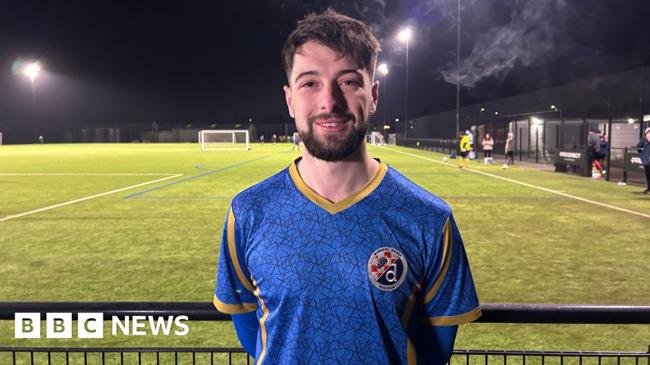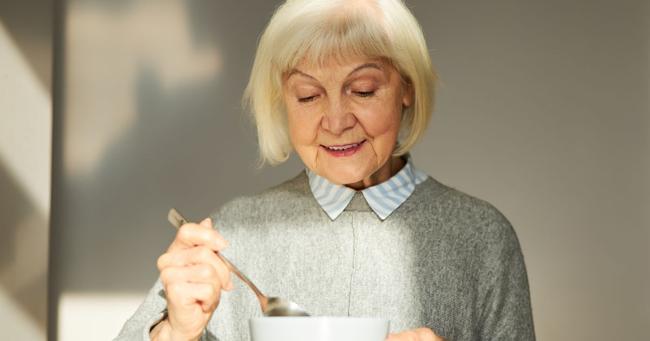Summary
A man from Devon has lost 20% of his body weight by playing football every week for the past year. Kieran Duke, 28, from Exeter, joined the Man v Fat weight loss programme in 2024 after gaining weight in his final year of university.
Source: BBC

AI News Q&A (Free Content)
Q1: How effective is the Man v Fat weight loss program in helping individuals achieve significant weight loss?
A1: The Man v Fat weight loss program has demonstrated significant effectiveness, with reports of men on the Isle of Wight collectively losing over one tonne of excess weight in 2024. The program involves playing football and has gained popularity across the UK with over 8,500 participants in 150 locations. An example of its success is Kieran Duke from Devon, who lost 20% of his body weight by participating in this program for a year.
Q2: What are the common factors that contribute to successful weight loss through exercise?
A2: Successful weight loss through exercise can be attributed to consistent physical activity, dietary changes, and lifestyle modifications. Regular exercise helps burn calories, reduce body fat, and improve overall fitness. Studies also highlight the psychological benefits of exercise, which can enhance motivation and adherence to weight loss programs.
Q3: What does recent research suggest about the relationship between exercise and weight loss?
A3: Recent research, including a study on the Look AHEAD cohort, suggests that a 5% reduction in adiposity is associated with lower HbA1c levels and reduced insulin use among those with type 2 diabetes. This indicates that exercise, which contributes to adiposity reduction, can have significant health benefits beyond weight loss, including better blood sugar management.
Q4: What role does social media play in shaping public perceptions of exercise and weight loss?
A4: Social media platforms like Twitter have become influential in shaping public perceptions of exercise and weight loss. A study analyzing millions of tweets found strong correlations between discussions on exercise and obesity. Social media serves as a tool for spreading information and opinions, which can affect public health behaviors and attitudes.
Q5: How does the 'exercise paradox' challenge common beliefs about weight loss?
A5: The 'exercise paradox' challenges the belief that increased physical activity directly results in significant weight loss. It suggests that while exercise is crucial for overall health, it may not drastically increase calorie expenditure on its own. This paradox emphasizes the importance of a balanced approach, combining exercise with dietary changes for effective weight management.
Q6: What innovative strategies are being researched to enhance exercise effectiveness for weight loss?
A6: Innovative strategies, such as the Knowledge-Graph-Exercise Representativeness and Informativeness Framework, are being researched to enhance exercise effectiveness. This framework uses knowledge graphs to tailor exercise recommendations, making them more representative and informative for individual users. Such personalized approaches aim to optimize exercise benefits and promote sustainable weight loss.
Q7: What are the health benefits of reducing adiposity beyond weight loss?
A7: Reducing adiposity offers numerous health benefits beyond weight loss, including improved insulin sensitivity, lower HbA1c levels, and decreased reliance on insulin therapy. These benefits are particularly pronounced in individuals with type 2 diabetes, highlighting the importance of adiposity reduction in managing chronic health conditions.
References:
- Associations between decreases in adiposity and reductions in HbA1c and insulin use in the Look AHEAD cohort.", "Knowledge Graph Enhanced Intelligent Tutoring System Based on Exercise Representativeness and Informativeness





